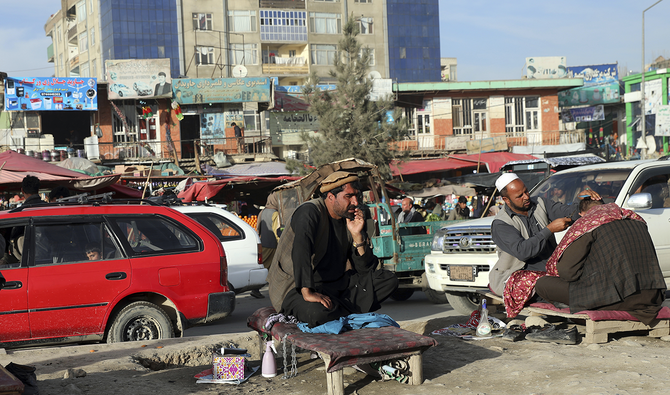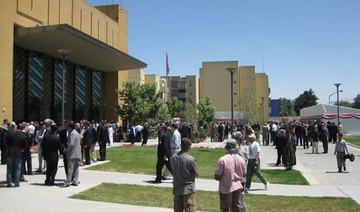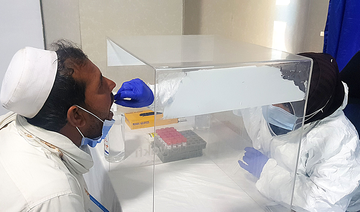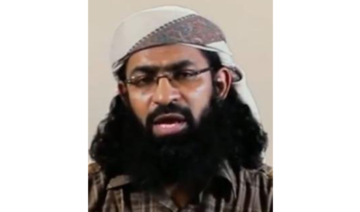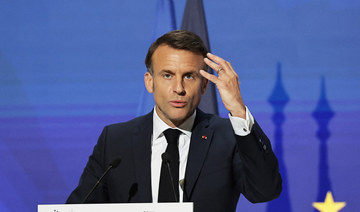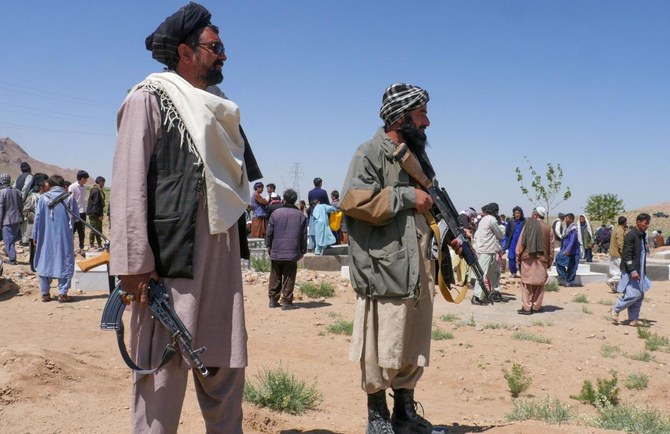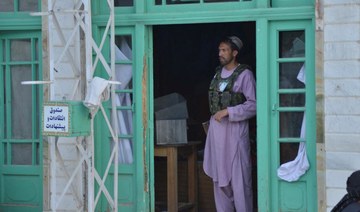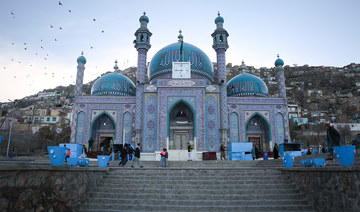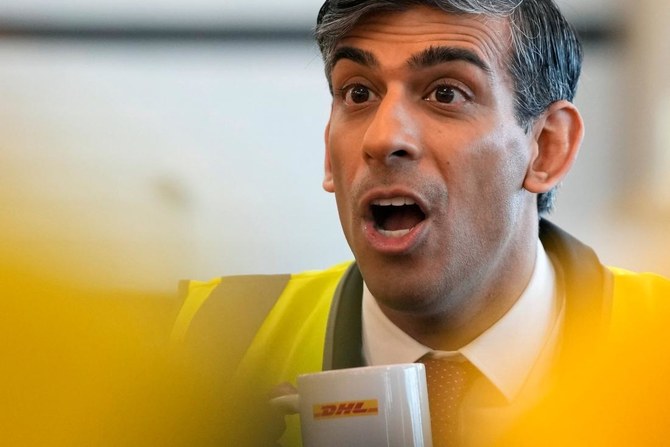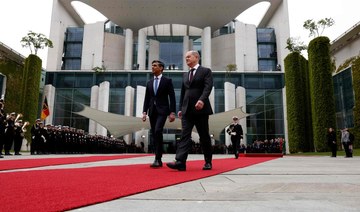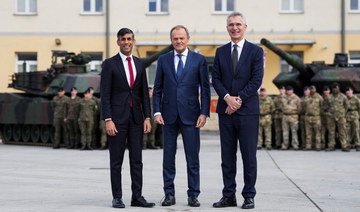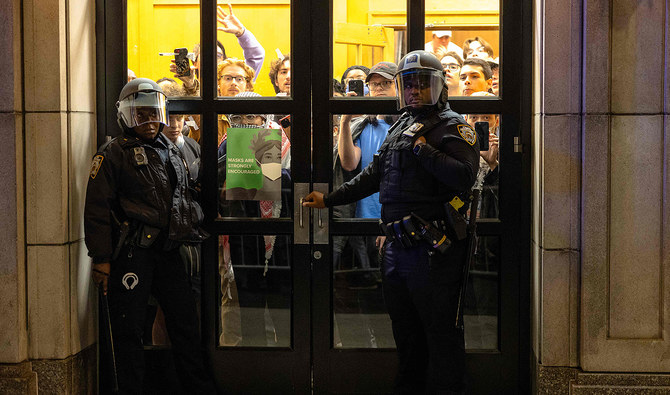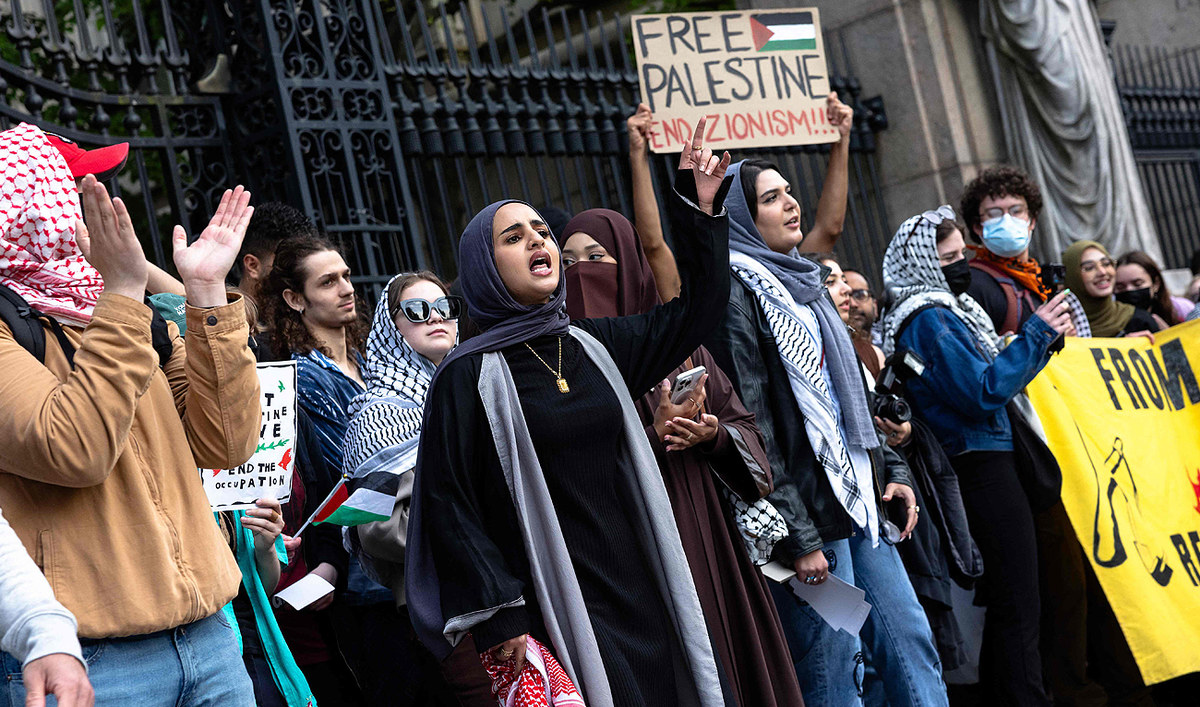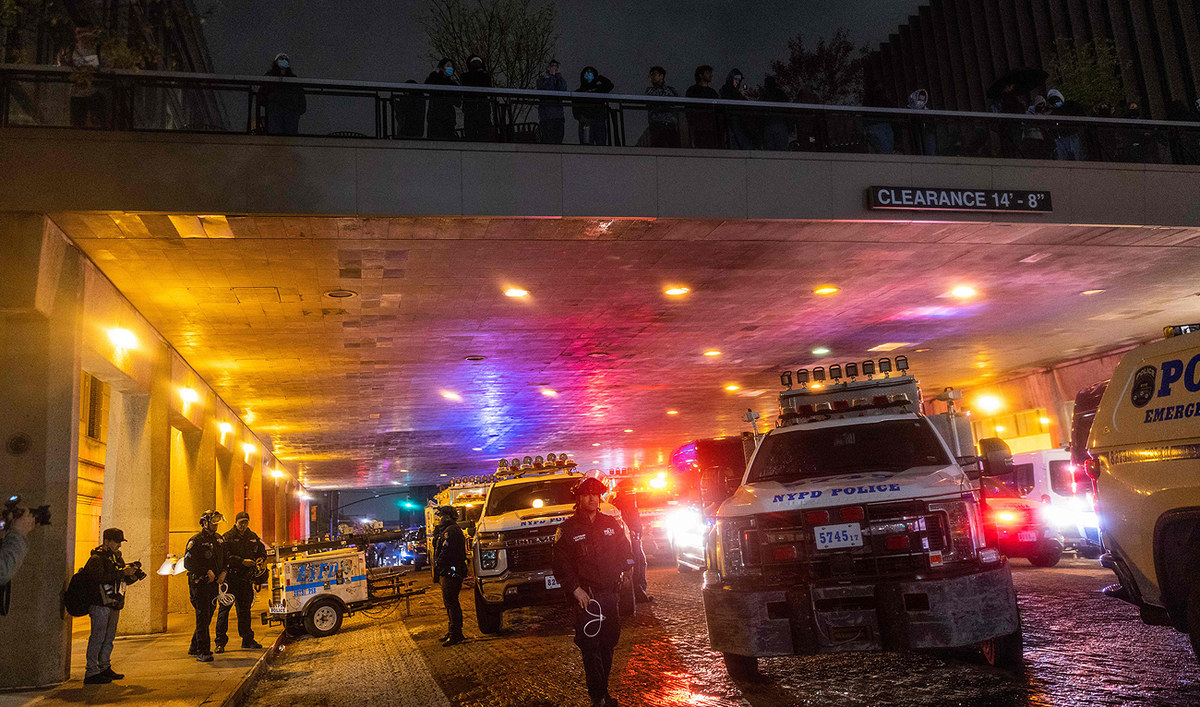KABUL: When Fateh Shah and his two brothers sought to escape a debt trap a couple of years ago, he says they were left with two options: To either commit a crime to pay off their lenders or to sell their kidneys.
“We were fed up with their repeated harassment,” Shah, 35, told Arab News.
They fled to neighbouring Iran “with the help of a smuggler,” hoping to find a job there and send part of their earnings back home to pay off their debts in stages.
“But we got into more debt as we were deported soon after arriving in Iran ... The smuggler became our new lender, demanding money for the trip. It was a nightmare,” Shah said.
The three brothers finally decided to go under the knife, each earning 320,000 Afghans ($4,000) for selling one kidney.
“We had no other option … we could not take the humiliation, shouting and complaints of the lenders anymore. We either had to commit a crime to pay our hefty debts or sell our kidneys, and we decided to live with one kidney rather than stealing,” Shah said.
The Shah brothers are not alone. According to recent media reports, “confirmed figures” show that more than 1,000 kidneys have been traded in the past five years in Herat, one of Afghanistan’s largest provinces, which shares its border with Iran.
“Hundreds of people who have sold their kidneys live in Se Shanba Bazar village in Injil district in Herat,” the private TV channel Tolo News said in a report.
Shah says he learned about the illegal kidney trade in western Herat, where he, like many others, had settled after fleeing prolonged periods of drought, poverty and joblessness in the province of Badghis, in the northwest of the country.
So lucrative is the illegal kidney trade that two hospitals in Herat “offer transplantation services with the help of Iranian doctors,” according to the report, which added that children as young as seven and several women “were among those forced to sell their vital organs.”
The numbers shared by the Afghan authorities, who launched a probe into the trade soon after the report, are equally jarring.
“When the team visited the hospitals, it found that in one hospital 182 transplants had occurred … and 18 in another hospital,” said Dastagir Nazari, Health Ministry spokesperson.
He added that initial findings showed that the “transplantations had been going on in the two hospitals in Herat for at least two years.”
“But … we came to know that the number is much higher, especially in the Injil district, than in these hospitals,” Nazari said.
The alarming figures prompted authorities in Herat to conduct a more detailed investigation.
However, officials “found no document showing that trade has happened inside the hospitals” between donors and patients. Public health laws dictate that the “transplantation of a kidney can only happen when the donor is a relative of the patient, in need of the kidney,” with the illegal trading of organs punishable by law, Nazari said.
Experts blame the “health mafia” in Herat for the province’s dire straits.
“It is a reality that economic compulsions have put much pressure on our people, but the health mafia should not misuse the poverty of the people this way,” Waheed Qatali, the governor of Herat, posted on Facebook recently.
However, Herat residents and lawmakers accused the government of failing to provide jobs and alleviate them from poverty, leading to a rise in the illegal kidney trade.
“The government here is good in giving hollow slogans to people. It cannot stop this process because people have no alternative,” said Rafiq Shahir, a prominent figure in Herat.
He added that poverty was prevalent in many parts of Afghanistan despite the flow of hundreds of billions of dollars in foreign aid since the Taliban’s ouster in a US-led invasion in 2001 because “authorities live a luxurious life.”
Dr. Nawrooz Haqmal, an Afghan health expert based in the UK, agreed, saying that “people had no choice but to break the law”, which prohibits the illegal sale of kidneys.
“The sad reality has been reported for years wherein the private health sector has been involved in illegal businesses,” he told Arab News.
“Also, the silence of the leadership of the public ministry about the details of this illegal business has created confusion about the law enforcement in the capital of one the major cities,” he added.
Ordinary Afghans were still able to joke about the issue, with a satirical TV program featuring Herat’s illegal kidney trade as its main topic last week.
Impersonating President Ashraf Ghani, who has repeatedly vowed to improve the livelihood of the Afghans since assuming office more than six years ago, one artist said: “The people of Herat are wise to sell their kidneys to boost their economy. Afghans were very rich, and each possesses a treasure in their bodies for selling.”
“Hope to see you, the nation of Afghanistan, soon with one kidney,” he added.



